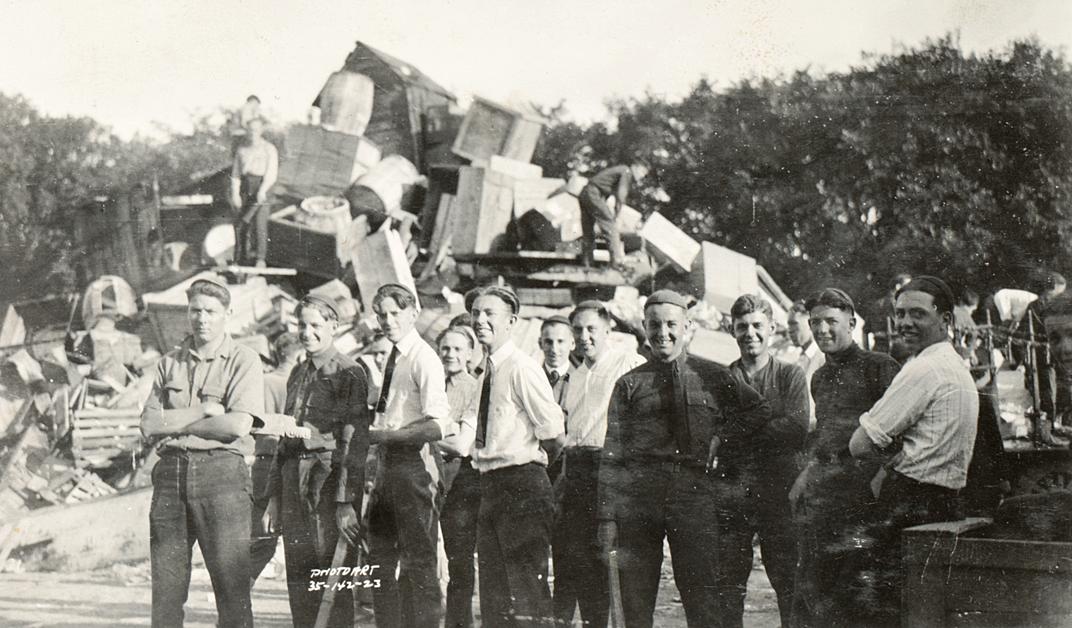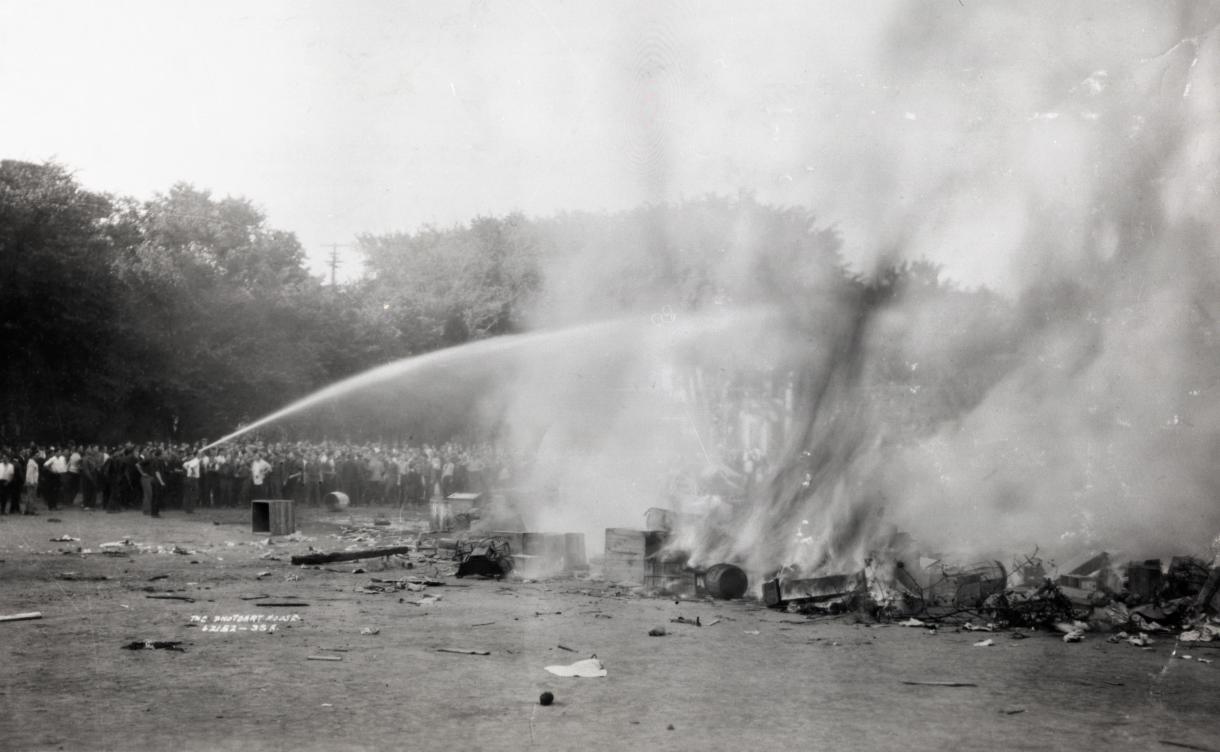Greetings from the Center for Campus History! We’re psyched that the new semester is off and rolling and excited to share everything we have going on!
This month we have updates on Center research, events, archival finds, new book recommendations, and more!
The University of Wisconsin–Madison’s Rebecca M. Blank Center For Campus History is an ongoing university effort to uncover and give voice to those who experienced, challenged, and overcame prejudice on campus. As always, if you have a story to share, an event you think should be researched, or a person you think has been overlooked, please email us at centerforcampushistory@wisc.edu.
|
|
|
|
|
|
Meet one of the Center’s student researchers — August Brereton!
August is a second year PhD student in the Department of History, focusing on modern Russian/Eastern European history with an emphasis in gender and women’s history. Her research explores intersections between gender, emigration, and economics in the post-Soviet period, specifically looking at the experiences of women who migrated from the former Soviet Union to the United States on fiancé visas. August is a passionate advocate for oral history and ethical representation of underserved populations in academic research.
August has lived all over the United States but considers herself an East Coaster because you can’t get a decent bagel anywhere else. She enjoys cooking, yoga, and hanging out with her corgi, Laika, and two cats, Typo and Halva.
|
|
|
|
Who’s excited to be back on campus? And who’s excited to be back on campus alongside their father-turned-fellow student, Rodney Dangerfield, who’s bribed his way into admittance, only to goof off before eventually learning some valuable life lessons AND winning a diving competition?!
No? Okay, so you’re back to school but not in Back to School, the 1986 screwball comedy that was filmed at UW–Madison. Take a look at these photos from the archives showing the campus doubling as “Grand Lakes University” or see how many locations you can pick out in the trailer.
(Note: We can’t vouch for the quality of the movie itself. Could be good?)
|
|
|
|
We’re having a party! Join us in commemorating our official opening as the Center for Campus History at our inaugural reception with refreshments, celebration and community.
Wednesday, October 11, 2023 from 5-7PM
Pyle Center Alumni Lounge
Open to the public with RSVP
|
|
|
|
Each month, we like to share one of the many (many… many… ) books that have helped the Center’s research or piqued our interest.
While higher education is often cast as a bastion for the left, Shepherd’s new book explores the story of how conservative stakeholders on U.S. campuses in the late 1960s organized and reacted to challenges to their power from leftist student resistance movements, and how those “campus wars” trained future GOP leaders and shaped conservative politics today.
|
|
|
|

|
Preparations for a Cap Night bonfire in 1921. UW Archives
|
We get asked a lot of questions about UW history. Each month we’ll answer one in the newsletter.
This month: Welcome to campus, freshman. Do you have your green caps?
The answer: No, not bucket hats or whatever the cool kids have moved onto. This question refers to the Cap Night tradition at UW–Madison from the early 20th century.
Starting in 1901, incoming freshmen students were made to wear small green beanies to identify them on campus. Each spring, on Cap Night, the class would celebrate the completion of their freshman year by starting a large bonfire and tossing their caps in to burn. But by the early 1920s, the Cap Night fires and festivities had grown out of hand, so the tradition was scrapped.
Have a question? Let us know! Email us at centerforcampushistory@wisc.edu.
|

|
And the bonfire's aftermath, also in 1921. UW Archives
|
|
|
|
|
|
Each month Center Director Kacie Lucchini Butcher will share a book, podcast, movie, quote, or something else she thinks has been adding to the CCH. We're calling it "From The Desk of KLB".
This month From The Desk of KLB, I Hotel by Karen Tei Yamashita.
This mesmerizing experimental novel explores the upheavals of the Civil Rights era in 1960s San Francisco Chinatown, layering the stories of students, laborers, artists, revolutionaries, and provocateurs caught in a riptide of politics, passion, clashing ideologies, and personal turmoil.
|
|
|
|
As always, if you have a story to share, an event you think should be researched, or a person you think has been overlooked, please email us at centerforcampushistory@wisc.edu.
|
|
|
|
|